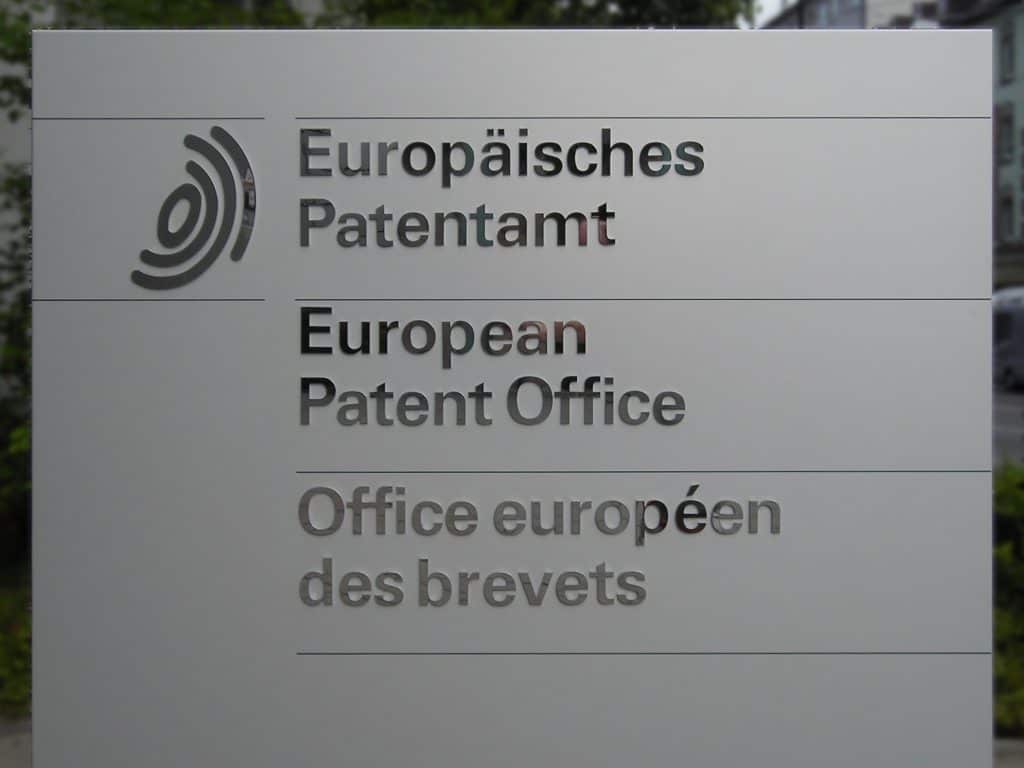
New EPO regulations bad for biotech innovation, experts claim
pharmafile | February 7, 2017 | News story | Manufacturing and Production, Sales and Marketing | EPO, IFPMA, SMEs, biotech
A recently-adopted initiative by the European Patent Office (EPO) to reduce patient examination times could lead to a stagnation of innovation through lower numbers of life sciences patent applications in the region as the pricey application process becomes unfeasible for smaller biotechs, experts have said.
As part of ‘Early Certainty from Examination’, the third phase of a wider EPO initiative to accelerate its processes and reduce patent examination times from 56 months to 12 months, “Grants will be concluded on average within 12 months after the start of the examination procedure,” according to EPO President Benoît Batistelli; this deadline is no longer optional as part of patent application process, creating big problems for small biotech companies, who file 25% of all patents.
Biotechs generally operate with small budgets and are pressured to file patents long before they have generated adequate supporting clinical evidence in a bid to attract investors; with applications in Europe already proving more expensive than in any other major region, for Small and Medium-sized Enterprises (SMEs) in the industry, the new obligation means huge financial strain.
Because patents will be granted earlier under the new regulations, biotechs will be forced to pay more costs earlier in the lifecycle of an application, including up to several thousand euros in nationalisation costs in the developmental stages, without any certainty that the application will be approved; as a measure, nine out of ten Phase 1 projects are rejected, leaving heavy implications for those pressured into submission before adequate supporting data has been collected.
Investors are also less likely to be convinced of a patent’s value if applications are filed prematurely as, due to lack of data, primary drug candidates or application of a technology have not yet been defined after 12 months.
Matt Fellows
Related Content

Industry comes together to form the AMR Action Fund, pledging $1bn to fight antimicrobial resistance
Over 20 biopharma firms have come together to launch the AMR Action Fund, an initiative …

Scotland leading the UK in life science start-up growth, report reveals
A new report published by the life science incubator and business collective BioCity has painted …

Biotechnology Innovation Organization Chief to step down after US 2020 elections
The Biotechnology Innovation Organization (BIO), the largest trade body representing the world’s biotechnology industry, has …








